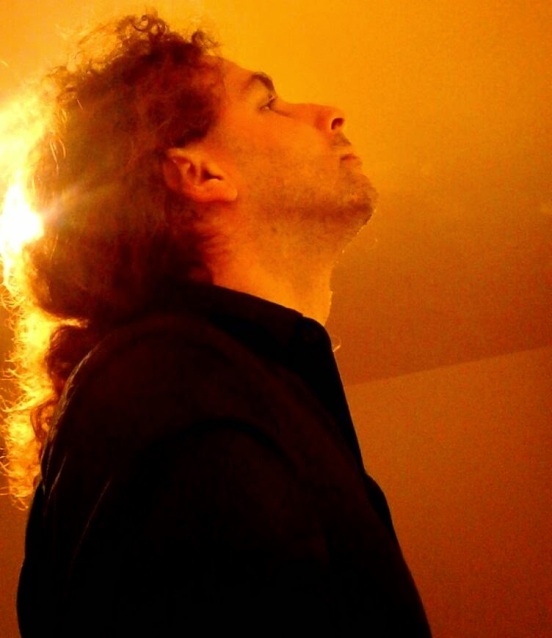Orlando Luis Pardo Lazo, 22 January 2015
It’s true. Although I still don’t believe it.
But they’ve told me it in all the families I’ve visited since I’ve been out of my country. That’s what families are, a mausoleum. They don’t lie. There is no Cuban family which is not our death memory.
That’s how it is. We Cubans die in the family. That’s the saddest part of dying. Not dying as such, which doesn’t bother the person dying, but the horror of imposing on exactly those people who loved us while we were alive. People should go and die among strangers. Get lost, and that’s it. That’s why I went to the United States. That’s why I didn’t die in Havana, in spite of the fact death whispered “Orlando” in my ear every morning where I lived.
But it’s true. At first I panicked when I knew that somebody was going to tell me the same thing again. Without, of course, coming to any agreement, without ever having been in contact with each other. So, I only wanted to grab the phone, call my house and cry.
Little by little I was thinking more about it. I calmed down. From fear of the mystery to admiration of the secret sense of a non-existent nation: Cuba. The stories repeat themselves. Every Cuban family can remember one, two, three, ten cases. In every Cuban family the same sparkle in the eyes, and the trembling of the hands of the person telling me about it. And maybe too many generations have passed. We are now in exile, without guides, and with no turning back. That’s to say, we are an empty space. We all now have a memory at home of one of us who died without love, without a home, without Cuba.
They have told me it in Spanish and English. In Hialeah, which is La Lisa del Norte, and in Fairbanks, Alaska, where no other Cuban has ever been. Two details are always included:
1) In exile you don’t die at any old time. You die at night, which is when our country is reflected in the sky and indirectly under the breastbone, and because of that it is easy to see it more closely than when we are there.
2) When a Cuban goes away to die far from Cuba, he has a very intense moment of lucidity. And of youth. He stops being the scornful and cruel adult which he has always been, and gets back then an aura of the angel which he never has stopped being. We become good at the precise moment when we can no longer do any good. And every family tells me, in almost the very same words, irrespective of the level of education or intellectual pretentiousness, that the distant Cuban, before he dies, always pronounces the name of Cuba.
Can you believe it? It’s amazing. A destroyed people, degraded, dispersed, unable to recognise each other. And at the time which is no time, totally stretched out on the beloved bed to create the following Cubans, who will later cuddle them while they grow between great big pillows which save them from the shortages in Cuba, collapsed on the edge of the tomb, watched without a goodbye by our people where everything comes together into a death rattle. And we breath out this elemental pair of syllables: Cuba.
I have never read this before revealing it here. I owe this evidence to the Cuban people, we owe it to them. And it’s a perverse word which I detest as a killer of men. But after knowing how we will all die without Cuba, including you and me, I think we deserve to be some kind of a people. The nocturnal imaginary nation, hollow, like the human heart. The family remembering those who are going to die by themselves and neverthless with a chorus of Cuba, Cuba, Cuba.
Don’t let me say goodbye to you. What with death and everything, I still love you.
Translated by GH

